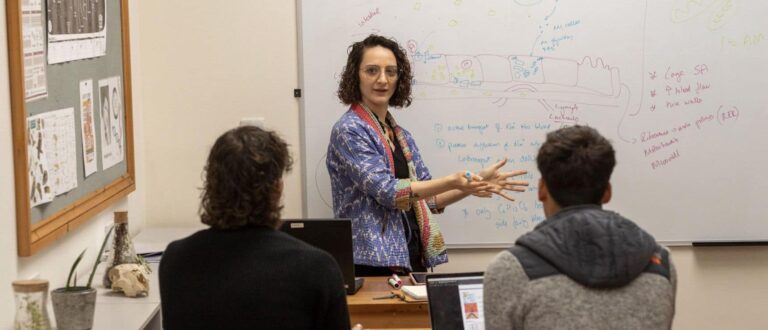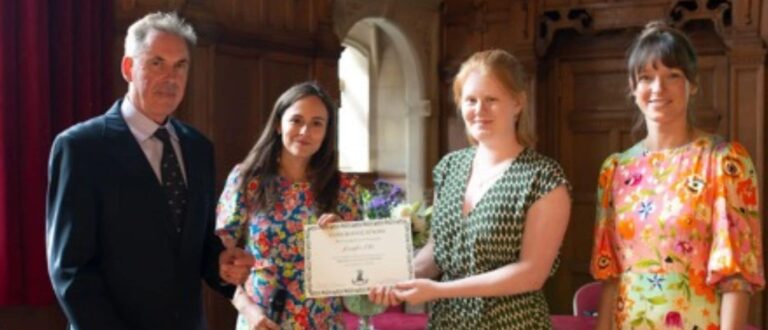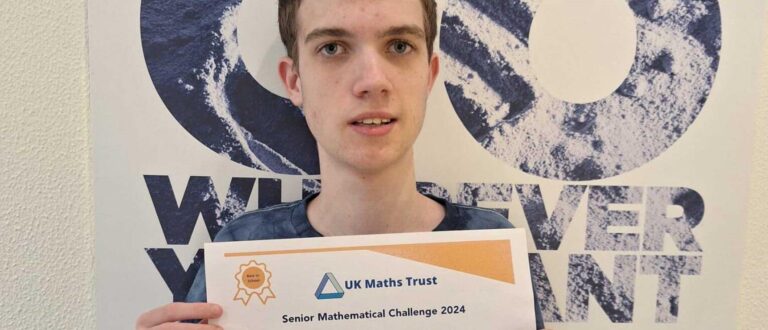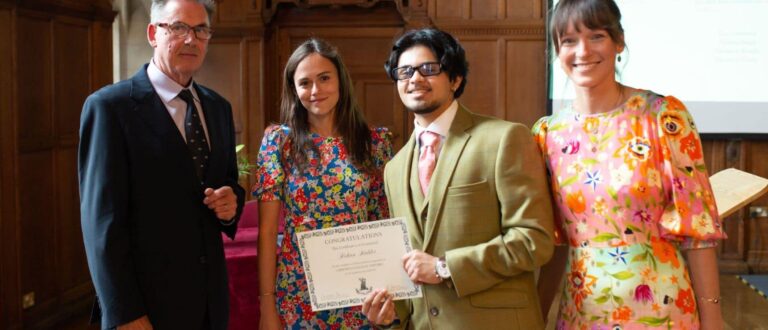Greene’s tutor Neil Dawson explores the Oxford approach to learning.
When did the Cold War start? Was Clement Attlee Britain’s greatest prime minister? Why are some countries rich and some countries poor? I’m a History and Sociology Tutor at Greene’s College Oxford, and these are some of the questions I and my A level students have been grappling with this past academic year.
But how do you, as a student, and I, as a tutor, approach these multi-faceted questions and achieve genuine resolution?
The beauty of such questions is that they have no definitive answer and so they require us to acknowledge the complexity of human affairs. For instance, you could argue the Cold War started in 1946 with Winston Churchill’s Iron Curtain Speech, in 1947 with the Truman Doctrine, or even in 1917 when the Russian Revolution created the world’s first communist state.
An appreciation for this complexity is something I try to instil in my students, enabling them to develop into independent and nuanced thinkers. I believe this is important in its own right. But it also has instrumental value: students need to be able to demonstrate subtlety of thought and bring different ideas and perspectives together to achieve high marks at A level. These skills, moreover, are vital for advancing through higher education and they are increasingly prized on the job market.
We frequently have answers to questions that have not yet been explored.
Tony Wagner, Founder of the Harvard Graduate School of Education
The tutorial method used at Greene’s is highly suited to developing these skills. The method consists of small classes (typically one-to-one) and discussion-based learning – i.e. knowledge isn’t imparted top-down but rather is generated through dialogue between the tutor and student. What’s so good about this approach is that it allows the curriculum to be covered in-depth while affording students the chance to ask questions, probe issues, and so gain a better understanding.
I have found that this approach can be especially beneficial to those retaking their A levels. What I’ve noticed when working with such students is that their progress tends to have been uneven; they often know and can do certain things well, but in other areas they struggle. The tutorial method provides the time and flexibility to concentrate on those topics, questions and techniques specifically relevant to the student. In my experience, having this opportunity to focus on their needs is what students retaking their A levels appreciate most.







